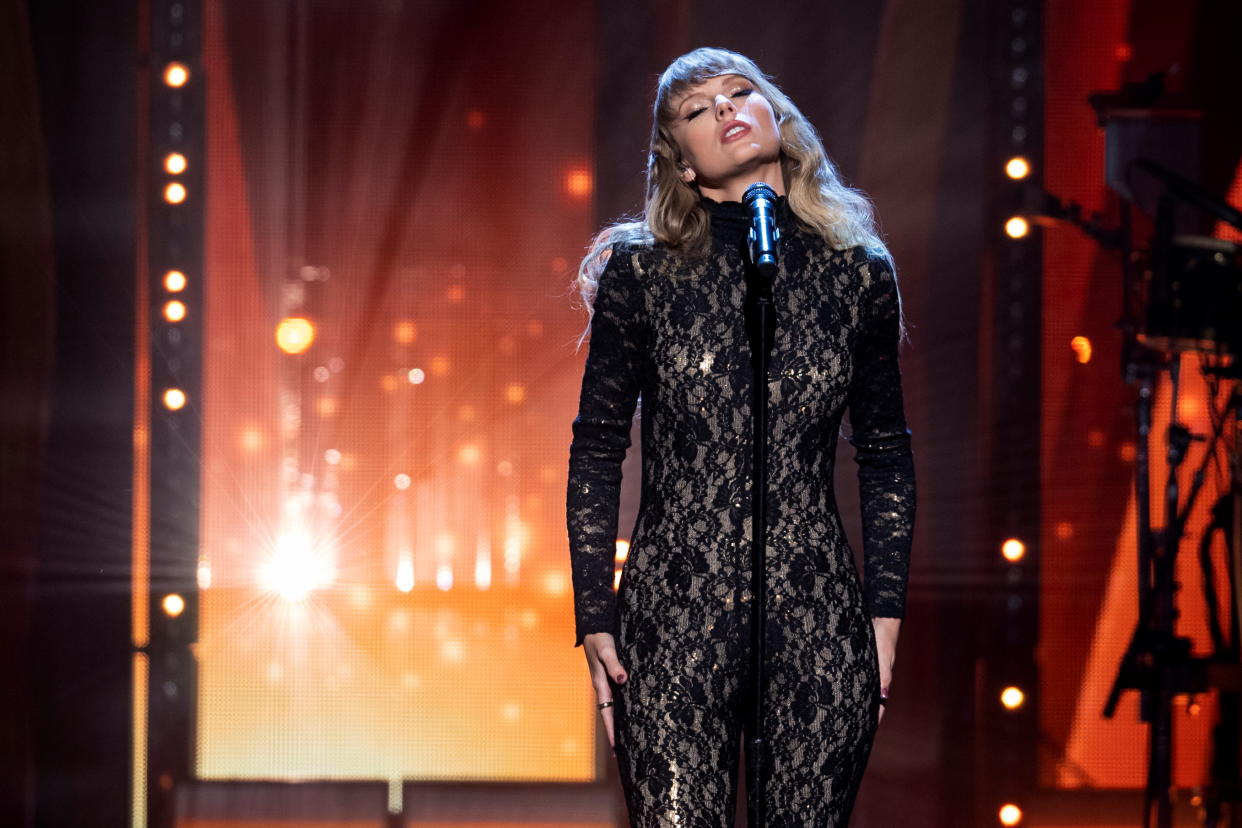The Taylor Swift saga was a black mark for Ticketmaster's parent company, Live Nation Entertainment (LYV).
A report from The New York Times last week said the Justice Department has opened an antitrust investigation into the entertainment giant.
Senators Richard Blumenthal (D-CT), Amy Klobuchar (D-MN) and Edward Markey (D-MA) called for congressional hearings into the company. "If the investigation reveals that Live Nation has continued to abuse its dominant market position notwithstanding two prior consent decrees, we urge the department to consider unwinding the Ticketmaster-Live Nation merger and breaking up the company," the trio wrote in a letter to the DoJ.
Klobuchar, who is also chair of the Senate antitrust panel, said a hearing would take place this year, although she did provide a date. The DoJ's investigation, which reportedly pre-dates the botched sale, comes after hundreds of thousands of fans were unable to purchase pre-sale tickets for Taylor Swift's upcoming "Eras" tour.
Ticketmaster canceled its general ticket sale following the messy event with Taylor Swift even weighing in on the situation — claiming it's been "excruciating" to watch mistakes happen.
"I'm not entirely surprised," North Carolina Attorney General Josh Stein told Yahoo Finance in an interview.
Stein, who joined Tennessee Attorney General Jonathan Skrmetti in announcing his own respective investigation last week, said his ultimate goal is to ensure that Ticketmaster is not using its monopoly power in a way that harms American consumers.
"The biggest issue is to make sure that our free market system works the way it's supposed to, and an essential element is free competition," Stein explained. "Competition is what drives down prices, and enhances the customer experience and improves quality. What clearly happened earlier this week was a breakdown and the quality of the service that Ticketmaster offers."
Shares of Live Nation hit their lowest levels since February 2021 in the immediate wake of Swift's canceled sale and initial public outrage.
'Slam dunk antitrust case'
"This is a slam dunk antitrust case under existing antitrust law," Carl Szabo, professor of internet law at George Mason University’s Scalia Law School and vice president of NetChoice, told Yahoo Finance.
"Ticketmaster is more than 80% of the primary ticket market sales, so eight out of every 10 tickets sold today goes through Ticketmaster," he explained.
"With their control of venues and artists simultaneously, that has created what is called a vertical monopoly where they control the entire infrastructure soup to nuts," Szabo said.
Other antitrust violations include Ticketmaster's market power (the Supreme Court defines market power as anything above 75% market share), abuse of market power (i.e. artists being forced to use the Ticketmaster platform), and consumer harm (i.e. dwindling quality, rising fees), in Szabo's view.
"This is a slam dunk case of monopoly. This a slam dunk case of antitrust law violations, and it is being done by one of the most hated companies on the planet," Szabo said, adding possible solutions include not only a break-up between Ticketmaster and Live Nation, but also more transparency on the number of tickets available to the general public versus preferred groups.
Josh Katz, founder and CEO of Web3 marketplace and NFT ticketing company YellowHeart, agreed that Ticketmaster's operations make it "very, very difficult" to compete.
"It becomes very, very difficult for other people to compete once Ticketmaster and Live Nation work in unison," Katz said, suggesting venues should not be allowed to enter into exclusive ticketing contracts.
"No one should be forced to use Ticketmaster just because the venue is owned by Live Nation and then the tour is sponsored by Live Nation, which is also the bank and promoter," Katz continued.
Szabo noted artists are just as much victims as the fans.
"Live Nation and Ticketmaster control dozens of venues. It's hard to artists to stand up and call them out for fear of repercussions or being blacklisted and blackballed," Szabo said.
"That's that's part of the problem — it's hard for artists to stand out to the monopoly that is Ticketmaster."
Alexandra is a Senior Entertainment and Media Reporter at Yahoo Finance. Follow her on Twitter @alliecanal8193 and email her at [email protected]
Read the latest financial and business news from Yahoo Finance
Download the Yahoo Finance app for Apple or Android
Follow Yahoo Finance on Twitter, Facebook, Instagram, Flipboard, LinkedIn, and YouTube
Source: Read Full Article






